The Therapeutic Power of Fishing: How Angling in Nature Reduces Stress and Anxiety
In our fast-paced, digitally-driven world, finding moments of peace and calm has become more crucial than ever. For many, fishing offers a unique escape—one that combines the healing embrace of nature with the meditative rhythm of waiting, casting, and reeling. Beyond its recreational appeal, emerging research highlights how angling serves as a powerful therapeutic tool, reducing stress, anxiety, and even symptoms of depression. Whether you’re casting a line for trout in a mountain stream or enjoying a quiet morning on the lake, here’s why fishing might just be the natural remedy your mind and body need.
The Science Behind Fishing’s Stress-Reducing Effects
Nature itself is a proven antidote to stress. Studies by the University of Exeter reveal that spending time outdoors lowers cortisol levels (the body’s stress hormone) by up to 28% and boosts feelings of well-being by 30%. Fishing amplifies this effect by adding a layer of intentional focus and physical activity. The repetitive motion of casting—a fluid, rhythmic action—activates the parasympathetic nervous system, triggering the body’s “relaxation response.” This counters the fight-or-flight mode that fuels anxiety, allowing thoughts to quiet and emotions to stabilize.
Beyond the physical act, fishing fosters a “flow state”—that immersive, time-dissolving state of concentration where worries fade into the background. Psychologists link flow experiences to increased creativity, improved mood, and reduced rumination (the cycle of negative thinking common in anxiety). When you’re fully present, watching a float bob gently or waiting for a bite, your mind shifts from “what if?” to “now,” creating space for quiet reflection and inner peace.
Fishing as a Form of Mindful Meditation
Meditation often feels inaccessible to those who struggle with sitting still, but fishing offers a dynamic alternative. The practice demands patience, observation, and a gentle focus on the present moment—all hallmarks of mindfulness. As you bait your hook, feel the weight of the rod in your hands, or listen to the lapping of waves, you’re training your brain to anchor to sensory details rather than anxious thoughts.
For many anglers, the water itself becomes a meditative focal point. The gentle ripples of a lake, the rush of a river, or the crash of ocean waves create a natural soundscape that calms the mind. In Japan, a growing trend called “shinrin-yoku” (forest bathing) emphasizes nature’s healing properties, and fishing aligns perfectly with this philosophy by combining immersive nature exposure with purposeful activity. Whether you’re fishing alone or with friends, the shared silence of the water fosters a sense of connection—both to nature and to others—reducing loneliness and fostering emotional resilience.
Choosing the Right Fishing Gear to Enhance Your Experience
While the therapeutic benefits of fishing lie in its simplicity, having the right gear can elevate your connection to the practice. Investing in quality equipment ensures you spend less time troubleshooting and more time soaking in the experience. Here are key tools to consider:
- Best Spinning Rods: Ideal for beginners and experts alike, spinning rods offer versatility for catching everything from panfish to bass. Look for lightweight models with comfortable grips to reduce arm strain during long sessions.
- Fishing Combo Kits: A fishing combo (rod + reel) simplifies setup, ensuring components are balanced for optimal casting. Many modern combos feature corrosion-resistant materials, perfect for saltwater or freshwater adventures.
- Trusted Fishing Rod Brands: Opt for brands known for durability and performance, like Shakespeare, St. Croix, or G. Loomis. High-quality rods not only enhance your catch rate but also build confidence, letting you focus on the experience rather than equipment issues.
- Favorite Fishing Poles: Personalize your gear with a pole that suits your style—whether it’s an ultralight rod for panfish or a heavy-duty model for big game. A well-loved pole becomes an extension of your connection to fishing, evoking positive memories and emotions each time you use it.
Making Fishing a Routine Practice for Long-Term Wellness
Like any therapeutic habit, the benefits of fishing compound with consistency. Whether you schedule weekly outings or plan annual fishing trips, integrating this activity into your routine creates a dedicated time for self-care. Many anglers find that the anticipation of a fishing trip alone reduces daily stress, as it builds a mental “safe space” to look forward to.
For those new to fishing, local fishing communities or guided tours offer welcoming entry points. Sharing the experience with mentors or peers adds a social layer of support, further enhancing the emotional rewards. Remember: fishing isn’t about “catching big” but about “being present”—and that mindset alone is a gift to your well-being.
Conclusion: Cast a Line, Catch Calm
In an era where stress often feels overwhelming, fishing invites us to slow down, connect with nature, and rediscover the joy of simple pleasures. The science is clear: angling isn’t just a hobby—it’s a holistic practice that nurtures both body and mind. By choosing gear that supports your experience (good spinning rods, reliable fishing combos, and trusted fishing rod brands), you set the stage for countless moments of peace, reflection, and healing.
So grab your rod, head to the water, and let the rhythm of fishing wash away your worries. Your mind—and the fish—will thank you.



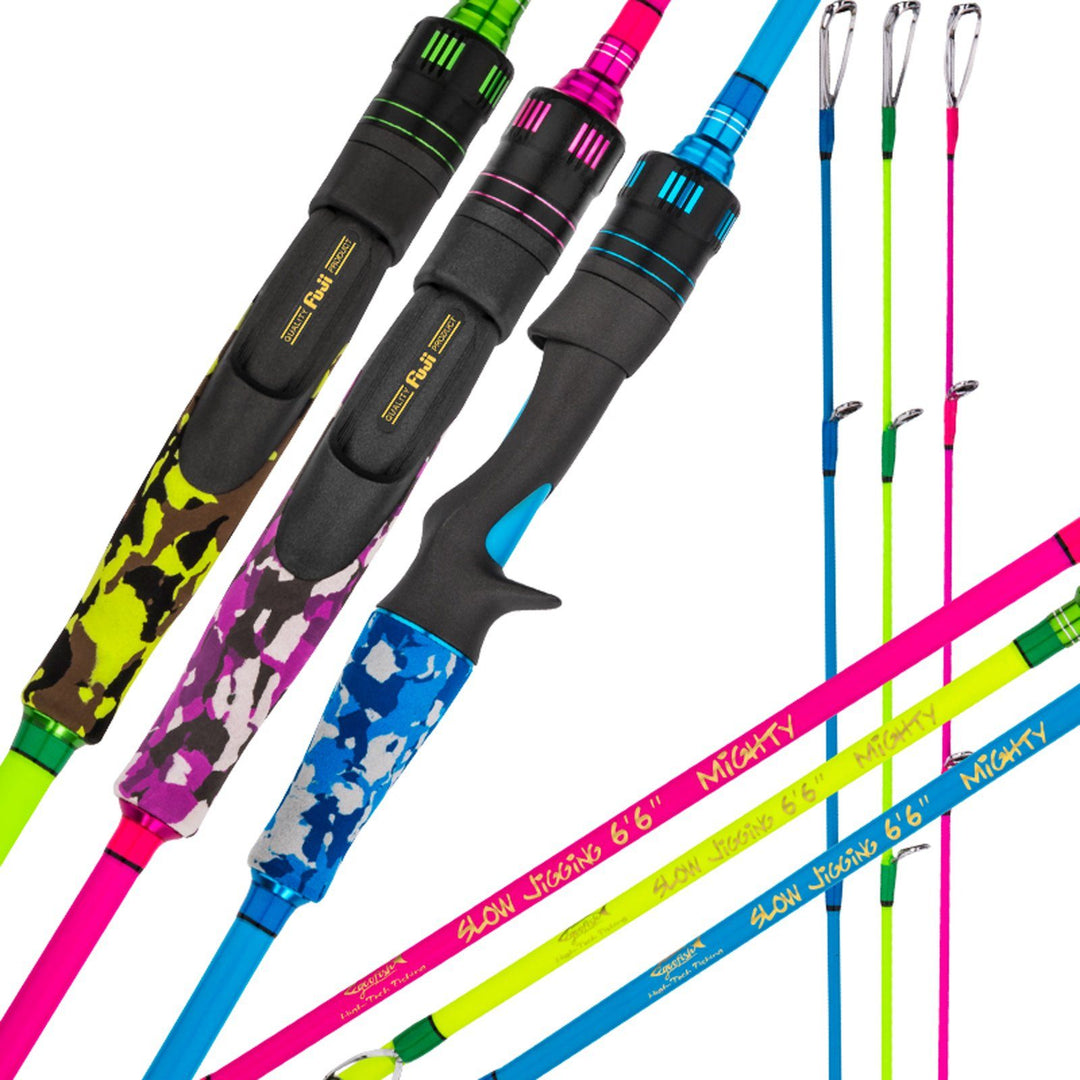
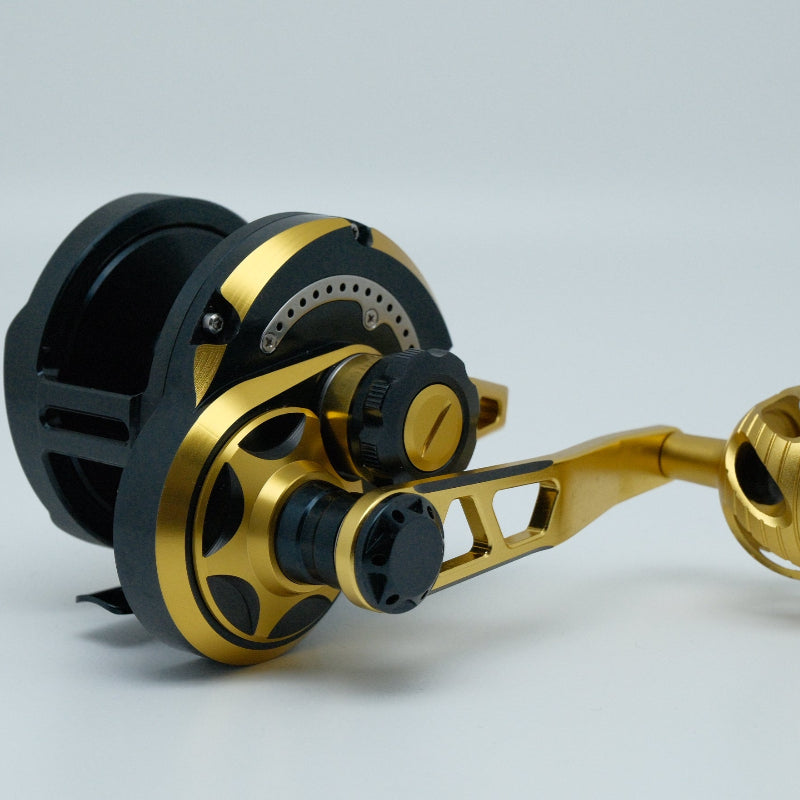
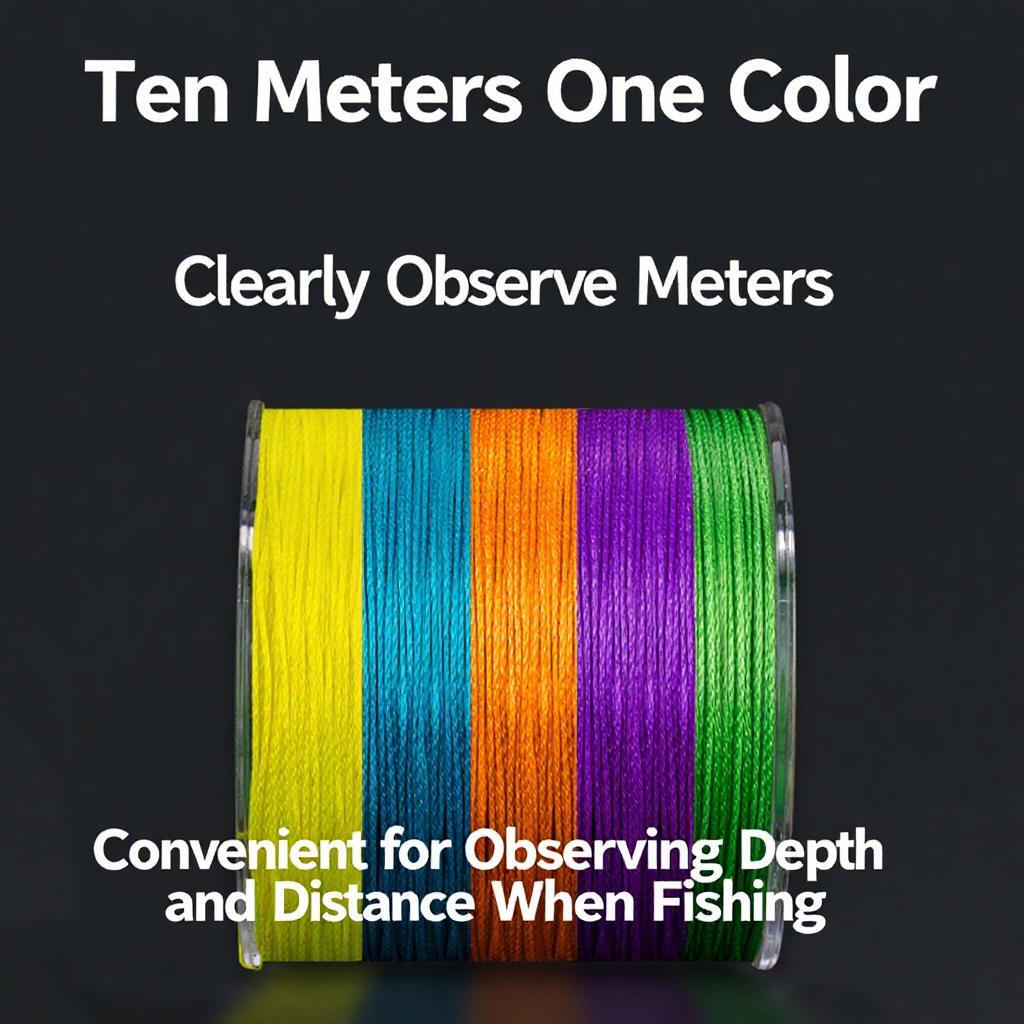
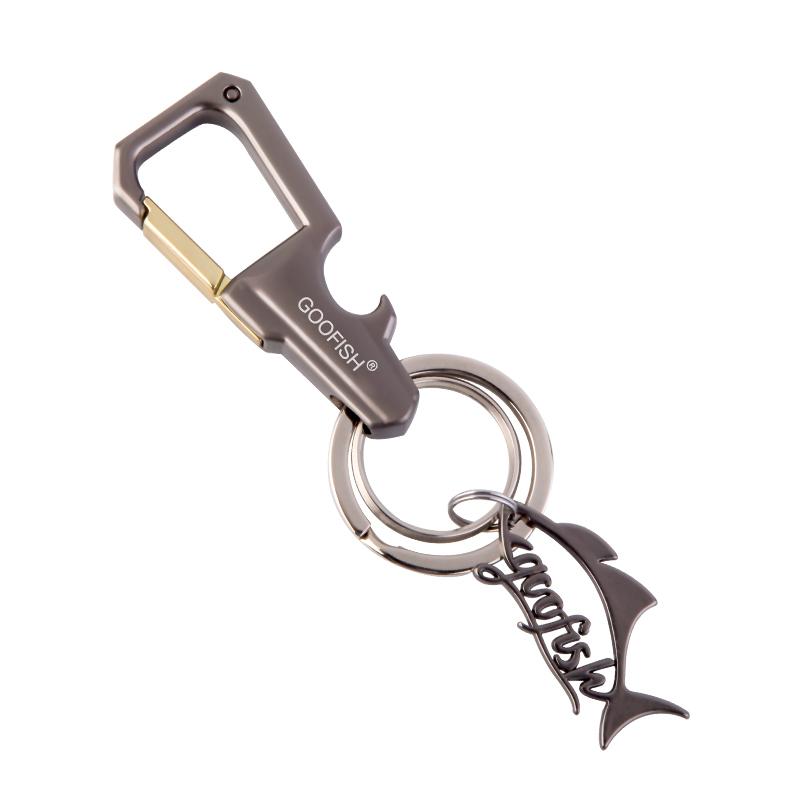



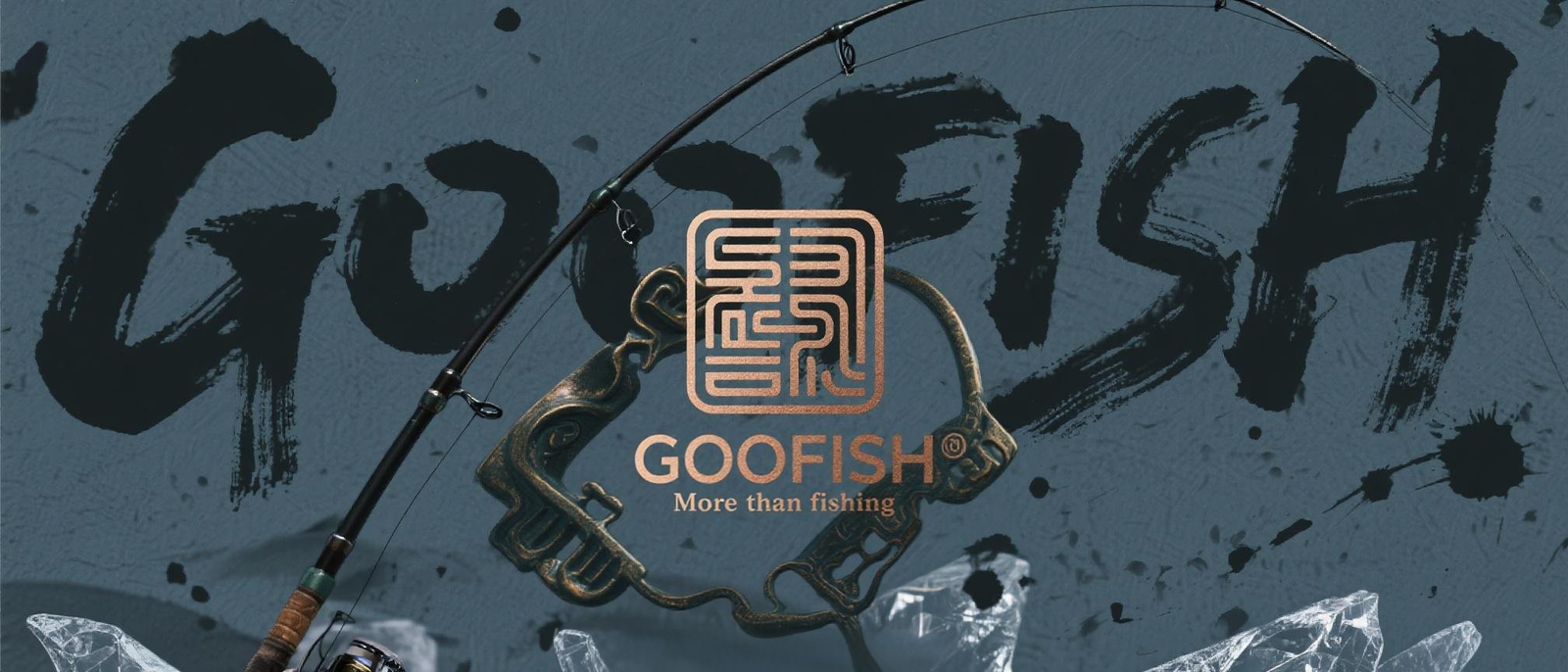
Leave a comment